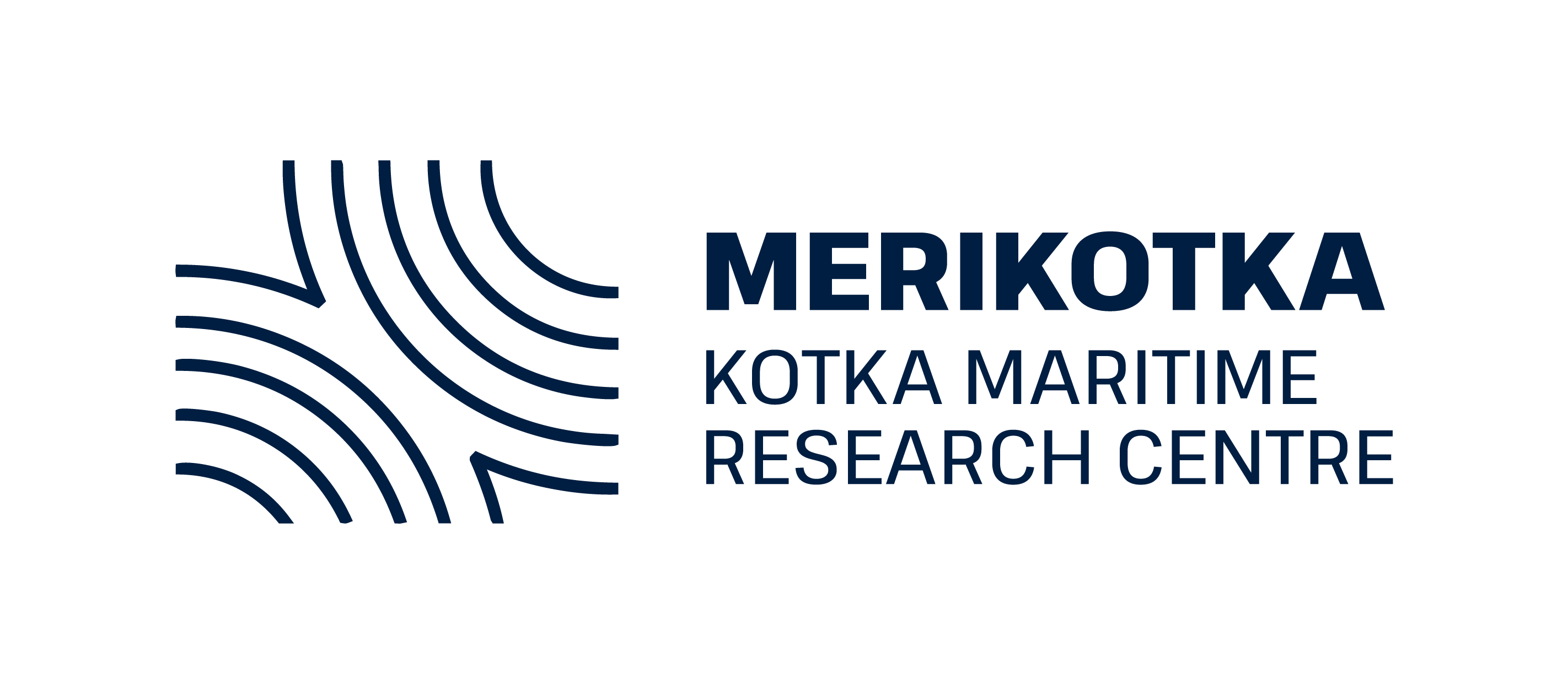Baltic Sea Oil Spill Conference 20-21.11.2013 Vellamo, Kotka
Moderator: Mikael Panelius, TallinkSilja
Programme of the English-language conference:
11:45 Registration
11:55 Lunch
12:30 Welcome: Tommi Arola, Finnish Transport Agency
12:45 Oil spill prevention and cooperation along the Baltic Sea: Hermanni Backer, HELCOM
13:15 OILRISK: Riikka Venesjärvi, Helsinki University
13:45 Forecasting of oil transportation and insight in ship’s crew: Olli-Pekka Brunila, University of Turku
14:15 Coffee break
14:45 Can illegal actions cause oil spills?: Mirva Salokorpi, Kymenlaakso University of Applied Sciences
15:05 Contributors to a grounding accident – What does evidence tell: Arsham Mazaheri, Aalto University
15:35 Assessing the consequences of collision and grounding accidents: Kristjan Tabri, Tallinn University of Technology
15:45 Smart Response Web – enabling dynamic situation awareness: Robert Aps, University of Tartu
16:15 Estimating length of oiled coastline after a spill: Kim Dahlbo, Finnish Environment Institute
16:30 The HELCOM oil drift forecast system Seatrack Web: Anette Jönsson, SMHI
17:00 A metamodel for evaluating measures to minimize oil spill risks: Annukka Lehikoinen, University of Helsinki
17.20 A risk governance framework to improve maritime safety: Päivi Haapasaari, University of Helsinki
18:00 Conclusion
19:00 Dinner at Fransmanni, Keskuskatu 21 (at own expense)
Thursday 21 November 2013
9:30 Oil spill risk management in the Baltic Sea: Agoshkov, Institute of Numerical Mathematics, Moscow
9:45 Optimum ship routes – a risk theory based solution: Agoshkov, Institute of Numerical Mathematics, Moscow
10:00 The Baltic Sea circulation and assessment of marine pollution: Zalesny, Institute of Numerical Mathematics, Moscow
10:15 Baltic cooperation for oil spills: Jonas Pålsson, Baltic Maritime Science Park
10:35 Oil Spill Recovery in Ice: Esa Ritari, Aker Arctic
10:55 Coffee
11:15 Baltic cooperation for authorities: Ojars Gerke, Latvian Coast Guard
11:45 Concluding remarks: Pentti Kujala, Aalto University
12:00 End of the conference








